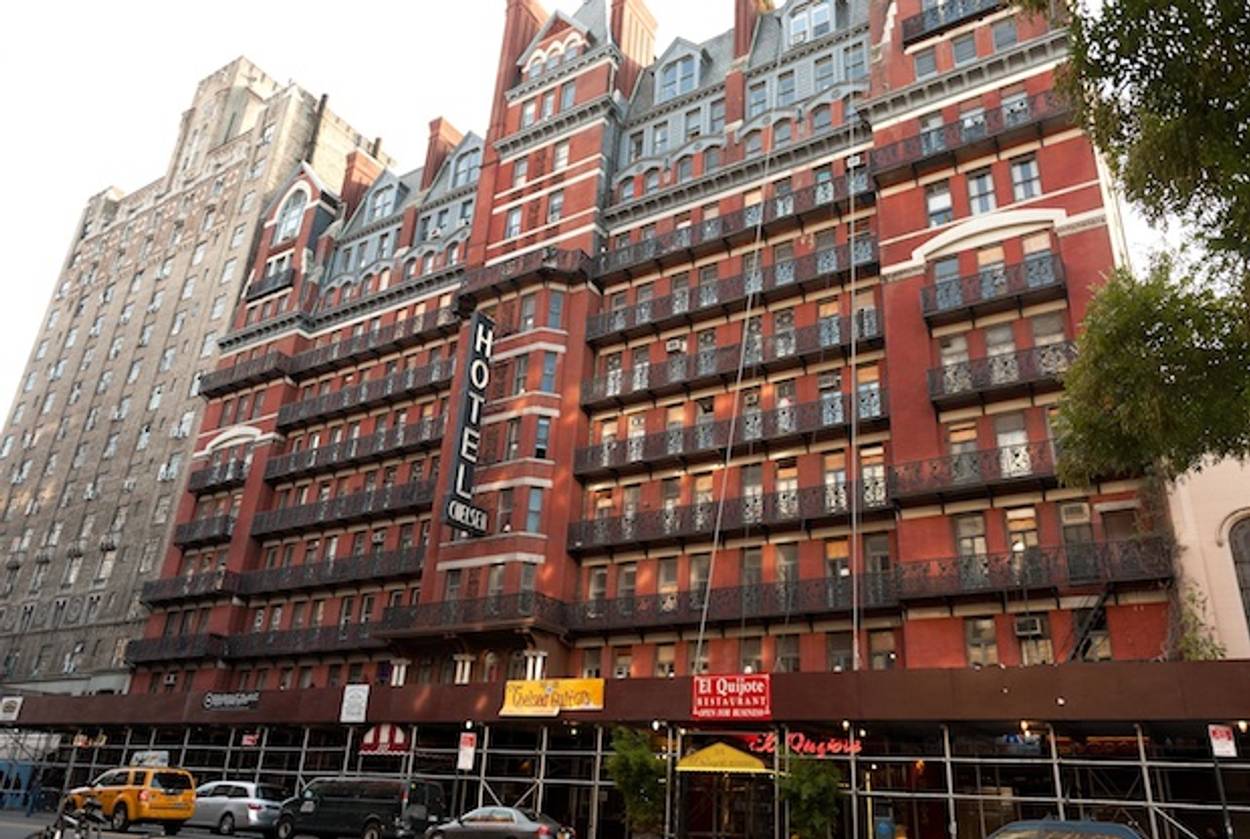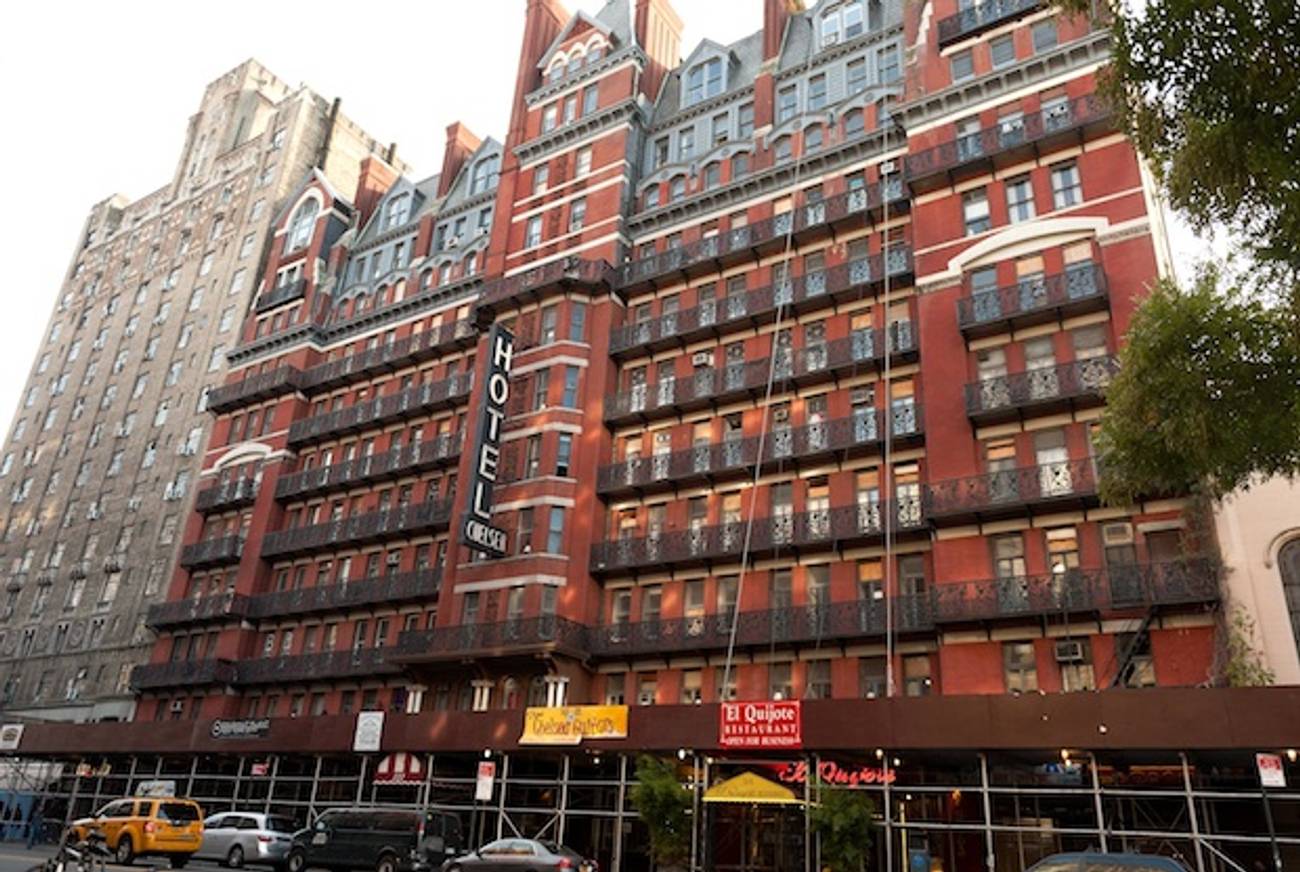From Velvet Underground to Velvet Revolution
Lou Reed’s impact carries from art to politics
October 30, 2013

A view of the Hotel Chelsea on October 28, 2013 in New York City.(Getty)



Over at the Wall Street Journal, David Feith and Bari Weiss wrote about Lou Reed, the whose recent death launched countless tributes about the artist’s impact on American culture. But what about his impact on political freedom worldwide? Unbeknownst to most, Reed had something of a record.
But whatever his personal politics, Reed’s music took on a life of its own behind the Iron Curtain. In the 1970s Czechoslovakia’s anti-Communist movement coalesced around a Velvet Underground-inspired rock group called the Plastic People of the Universe. The Communist government branded the rockers enemies of the state for their long hair, crazy outfits, secret concerts and anti-authority lyrics.
Playwright Václav Havel documented their trial and imprisonment in 1976, then published the “Charter 77” human-rights manifesto and eventually led the Velvet Revolution against Communism in 1989. The name derived partly from Reed’s band, Havel later said. And when the two men met in 1990, Havel told him, “Do you know I am president because of you?”
As far as we know, Lou Reed didn’t get up in the morning thinking about how he could overthrow the Soviet Union. But his story reminds us that rock ‘n’ roll can sometimes inadvertently accomplish more to promote freedom than translating the Federalist Papers. In unfree societies, free expression—whether from Lou Reed or Lady Gaga—is subversive in itself.
Of course, this tradition didn’t start with Lou Reed. Nor did it end with him. Enjoy the rest here.
Adam Chandler was previously a staff writer at Tablet. His work has appeared in the New York Times, the Wall Street Journal, the Atlantic, Slate, Esquire, New York, and elsewhere. He tweets @allmychandler.